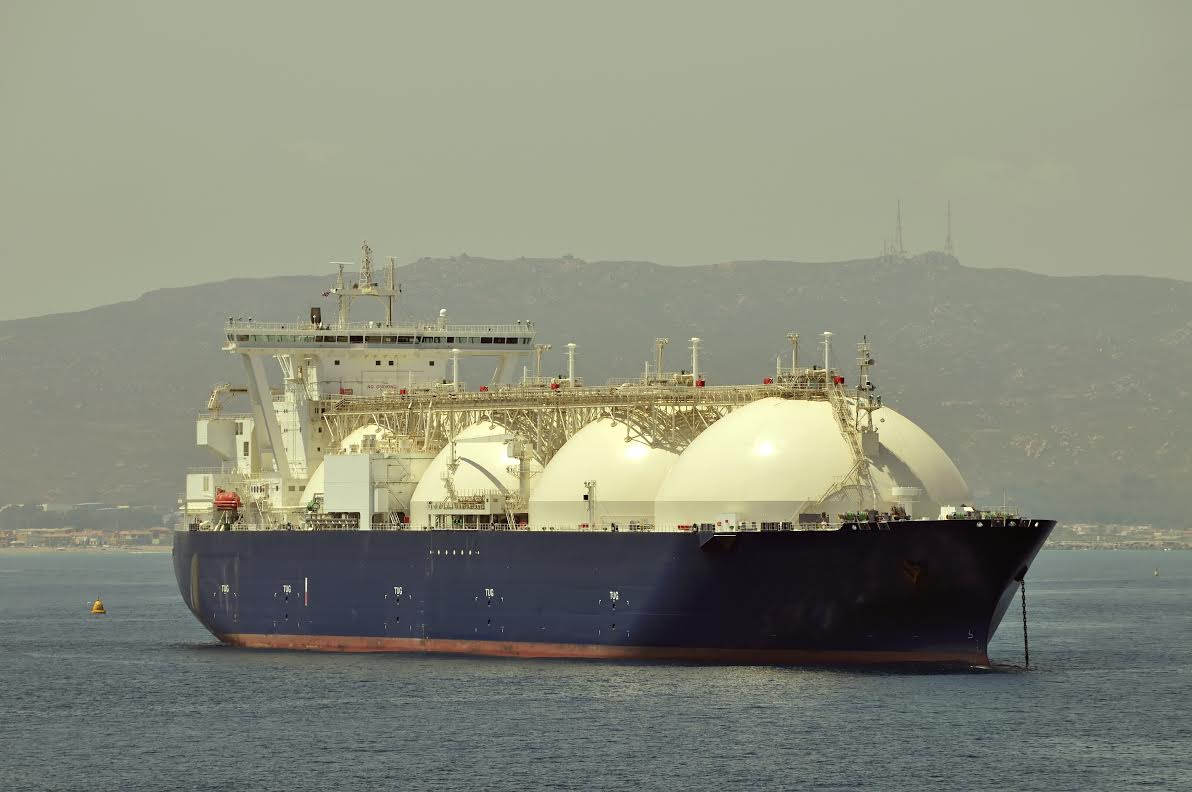With global demand on the rise, oil and gas companies are venturing into deeper water to find new reserves. For this deep and ultra-deep oceanic exploration, the industry is increasingly turning to Floating Production Storage and Offloading (FPSO) vessels as a safe and economical option for hydrocarbon production, processing, and storage. More than 170 FPSOs currently operate worldwide with more expected to go into service over the next few years. The challenging environment in which these complex offshore energy assets operate requires safe and reliable systems that ensure continued production. Instituting appropriate independent inspection and certification regimens protects the substantial investment these vessels represent.
FPSOs are offshore production facilities with both processing equipment and storage tanks below decks. Typically, FPSOs gather oil and gas from subsea production wells through a series of in-field pipelines which transport the hydrocarbons to the FPSO on the ocean surface. Processing equipment similar to that found on a traditional production platform then completes water separation, gas treatment, oil processing, water injection, and gas compression operations. Crude oil is stored onboard until it can be transferred to a tanker or a pipeline for transport. Gas produced at the FPSO is either transferred to shore through a pipeline or re-injected into the field to boost production.
Besides FPSOs, similar floating systems include Floating Storage and Offloading systems (FSOs), Floating Production Systems (FPSs) and Floating Storage Units (FSUs). Whether a converted tanker or a made-to-order vessel, FPSOs allow exploration in remote or deep water locations where seabed drilling is not an option. They eliminate the need for long-distance offshore pipelines, and can be used effectively in small fields. Additionally, once a field is depleted, the FPSO can be moved to another location for continued operations.
FPSOs have been successfully used in the North Sea, offshore Brazil, Asia Pacific, the Mediterranean Sea, and offshore West Africa since the 1970s, and with the exception of a single incident in the late 1990s in which approximately 3,900 barrels of oil were released due to human error, FPSOs have spilled less than approximately 500 barrels of oil combined. However, as with any offshore operation, catastrophic failures such as spills, leaks, explosions or collisions can result in extreme environmental damage, personal injury or death, and millions of dollars in equipment damage and lost production. These disastrous failures can be further compounded by fines, lawsuits, shutdowns, and increased regulatory scrutiny, the potential of which underscores the importance of creating and managing an inspection program using industry best practices.


















Comments and Discussion
There are no comments yet.
Add a Comment
Please log in or register to participate in comments and discussions.